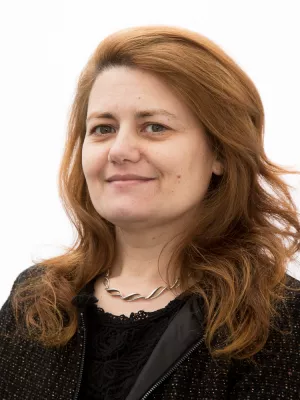
Ana Nordberg
Senior lecturer

A “ray of hope” for European stem cell patents or “out of the smog into the fog”?
Author
Summary, in English
In Case C-364/13 International Stem Cell Corporation (ISCC) v. Comptroller General of Patents (December 18th, 2014), the Court of Justice of the European Union (CJEU) distinguished its’ earlier ruling in Brüstle v. Greenpeace (Brüstle) with regard to non-fertilized human ova stimulated by parthenogenesis. The Court found that in order to be considered a ‘human embryo’- and thus to be unpatentable under the EU Biotechnology Directive - the stimulated ovum must have the “inherent capacity to develop into a human being”. This permits the patentability of innovative pluripotent parthenotes and their applications. Yet, ISCC also leaves considerable discretion to national courts and the full impact of the decision still depends on national implementations. Moreover, ISCC only applies to very specific human embryonic stem cells (hESCs) and lacks further clarifications concerning other non-totipotent hESCs, such as stem cells created through somatic cell nuclear transfer. Considering the significance of Brüstle and ISCC for regenerative medicine and cellular therapy, the persisting legal uncertainty is unfortunate. Irrespective of these flaws, however, ISCC opened at least doors that were thought to be closed and thereby reinvigorated crucial debates. Thus, it might have the “inherent capacity” of developing into a reasonable doctrine on stem cell patenting. Paradoxically, the patentability of isolated embryonic stem cells is now less certain in the US.
Department/s
- Human Rights Law
- Health Law
Publishing year
2016-03-07
Language
English
Pages
138-177
Publication/Series
IIC - International Review of Intellectual Property and Competition Law
Volume
47
Issue
2
Document type
Journal article
Publisher
C.H. Beck
Topic
- Law
Keywords
- Law
- Biotech
- Patents law
- Stem cells
- Rättsvetenskap
- Patenträtt
Status
Published
Research group
- Human Rights Law
- Health Law
ISBN/ISSN/Other
- ISSN: 0018-9855